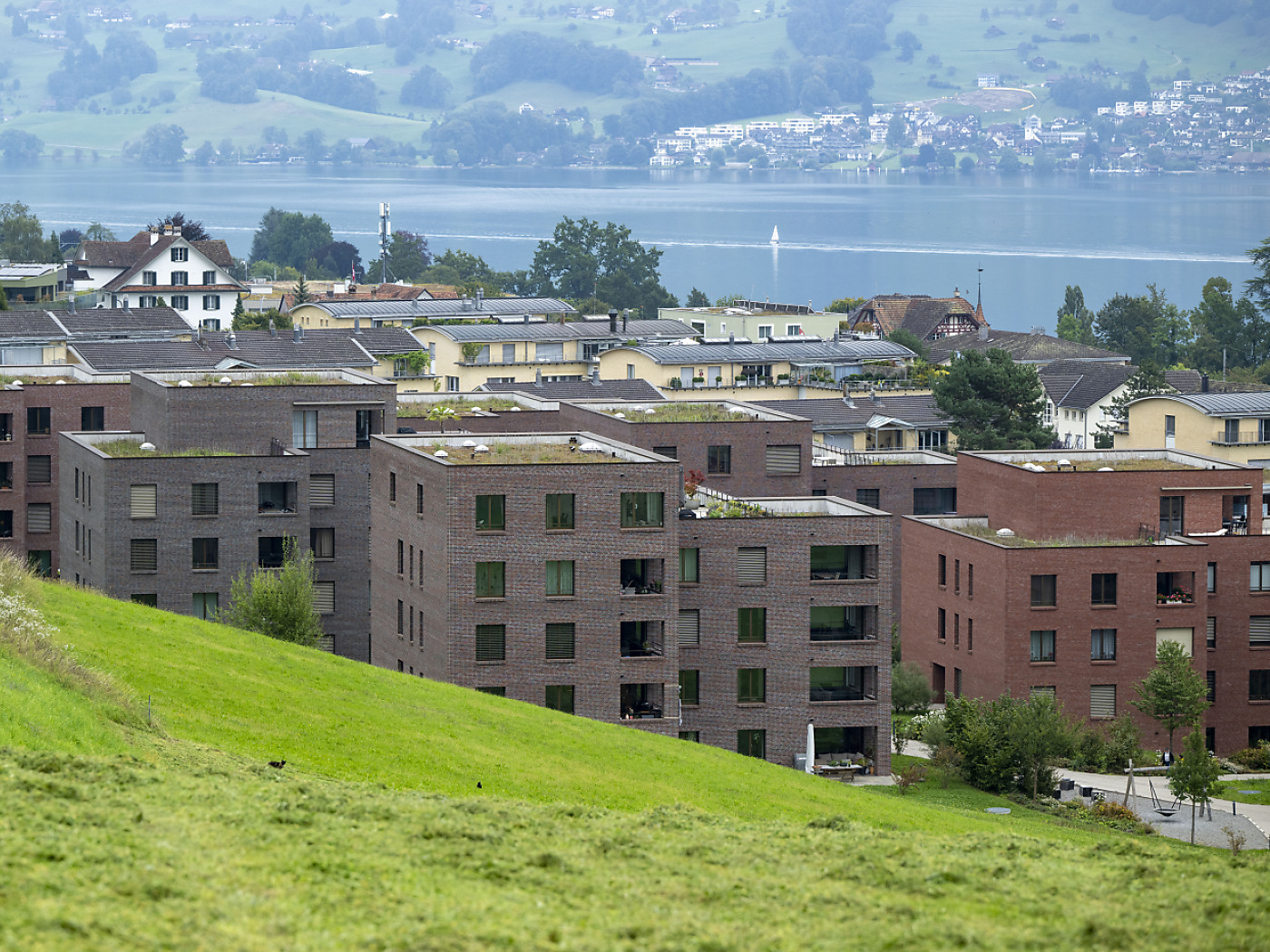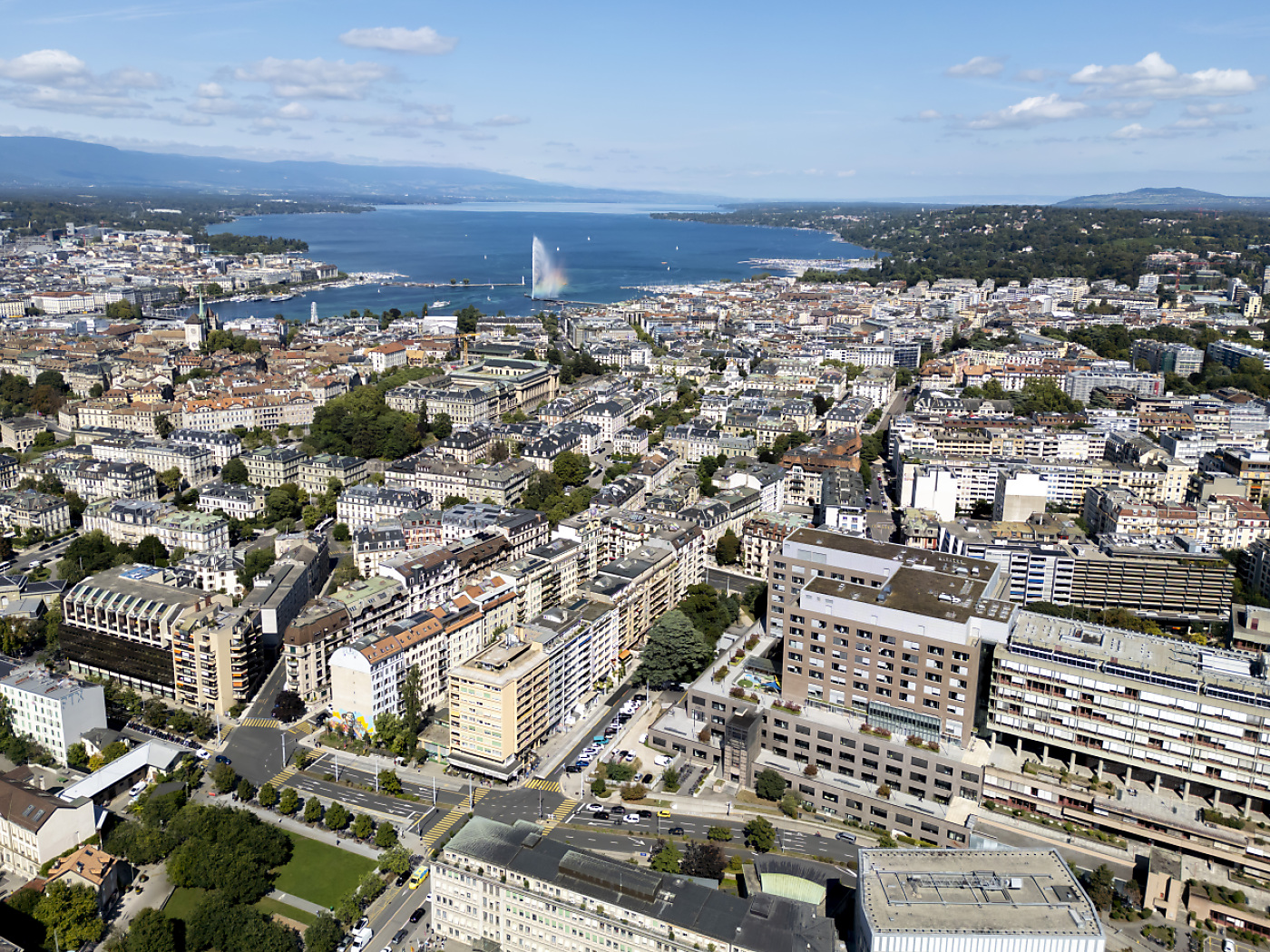
Swiss property prices cooled at the end of 2024

Home prices in Switzerland rose only minimally in the fourth quarter of 2024. Over the year as a whole, however, home ownership has become more expensive.
+Get the most important news from Switzerland in your inbox
In the last quarter of 2024, prices for condominiums rose by 0.5%, while prices for single-family homes fell by 0.2%, according to the transaction price indices calculated by real estate monitors IAZI and published on Thursday. Overall, this results in a minimal increase in value of 0.1%, according to the press release.
Despite this near standstill, residential property prices are expected to grow by 2.7% in 2024 as a whole. This increase is roughly in line with the long-term average.
Market upswing expected
Meanwhile, there has been a slight decline in investment properties. According to the press release, prices for direct real estate investments such as apartment buildings fell by 0.3% in the fourth quarter of 2024 compared to the previous quarter. Over 2024 as a whole, however, they rose moderately by 1.1%.

More
Home ownership in Switzerland booms while rentals stagnate
According to the IAZI, however, the stagnation in prices is likely to be only temporary. The consultancy assumes that the favorable conditions, in particular falling interest rates, will drive demand for residential space both for rent and for purchase again in 2025.
IAZI only uses data on actual changes of ownership on the open market as the basis for calculating the index. The anonymised transaction data comes from banks, insurance companies and pension funds.
Translated from German by DeepL/mga
This news story has been written and carefully fact-checked by an external editorial team. At SWI swissinfo.ch we select the most relevant news for an international audience and use automatic translation tools such as DeepL to translate it into English. Providing you with automatically translated news gives us the time to write more in-depth articles.
If you want to know more about how we work, have a look here, and if you have feedback on this news story please write to english@swissinfo.ch.

In compliance with the JTI standards
More: SWI swissinfo.ch certified by the Journalism Trust Initiative




























You can find an overview of ongoing debates with our journalists here . Please join us!
If you want to start a conversation about a topic raised in this article or want to report factual errors, email us at english@swissinfo.ch.